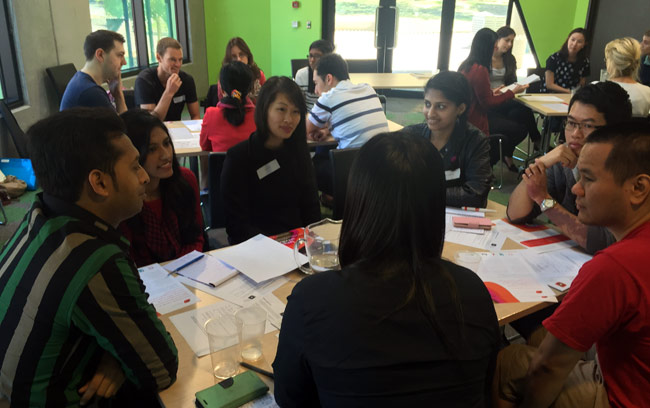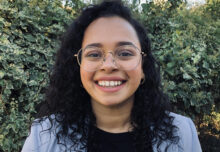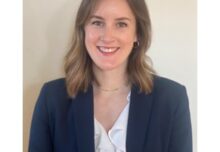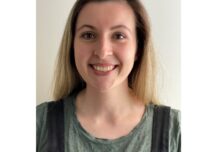“But I thought only prostitutes caught STDs?” This was an example mock question we faced during our workshop. It was designed to confront us with common misconceptions we might be asked to respond to when educating communities. Such a belief can be held with such conviction that, the thought of needing to correct this misconception can intimidate even the most experienced health professional.
On Saturday the 21st of March, we attended a Mental Health and Sexual Health workshop run by Foundation House and the Centre for Culture, Ethnicity and Health (CEH) in collaboration with The Water Well Project. We were tested interactive scenarios and potential curly questions, and realised the many challenges surrounding the discussion of culturally sensitive topics.
During the course of the morning, we discussed techniques for effective communication through the use of interpreters, approaching culturally delicate topics and recognition of the various models of health within the wider community. As Australian healthcare professionals, we consistently focus on providing evidence based medicine. However for individuals of different cultures, illness may instead be attributed to an energy imbalance or spiritual phenomenon. Thus, building rapport with patients of culturally diverse backgrounds relies on an awareness and appreciation of the various models of health.
We learnt about the value of using in-person and telephone interpreters. We discussed the benefits of allowing time to debrief interpreters prior to patient interactions. This enables interpreters to be both prepared for any confronting topics, and the potential for patients to become overwhelmed or distressed. Advice shared by interpreter students present (from the RMIT School of Global, Urban and Social Studies)- included using short sentences, avoiding jargon or acronyms, and the advantages of "triangle positioning" (where the interpreter, healthcare professional and patient sit in a triangle, to help the flow of communication). We learnt that within certain communities, it is not uncommon for a client to be acquainted with their allocated interpreter in a social setting external to the professional environment. This created an additional barrier to discussing sensitive or personal details; and so become a scenario in which a phone interpreter would be an advantage.
We were taught to encourage patients to share as little or as much as they felt comfortable, to allow them a sense of empowerment when discussing the impact of their past on their current emotional health. We also took away the value of using a "anonymous question box" to illicit questions, when approaching topics thought to be embarrassing or culturally taboo, which may otherwise be neglected.
We participated in simulated information sessions in which we were asked to deliver sensitive information through the use of interpreter students. These experiences highlighted the challenge of addressing confronting misconceptions in a non-judgmental manner, whilst simultaneously respecting individual religious and culturally beliefs. We were also alerted to the importance of acknowledging individual emotional reactions, and provided with tools to discretely manage these within a group environment.
Sensitive issues regarding sexual and mental health can be complicated by misunderstandings even in the most favourable circumstances. When we add in the multi-factorial complexities of religion, culture and language, the task of providing health care and information to culturally and linguistically diverse patients can seem intimidating. However, an appreciation and acknowledgement of these diverse values, can enable us to enrich health literacy within our multicultural community.





